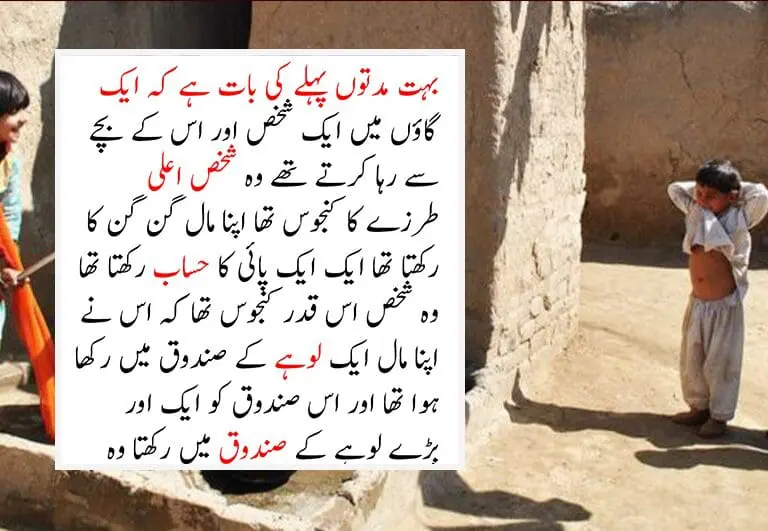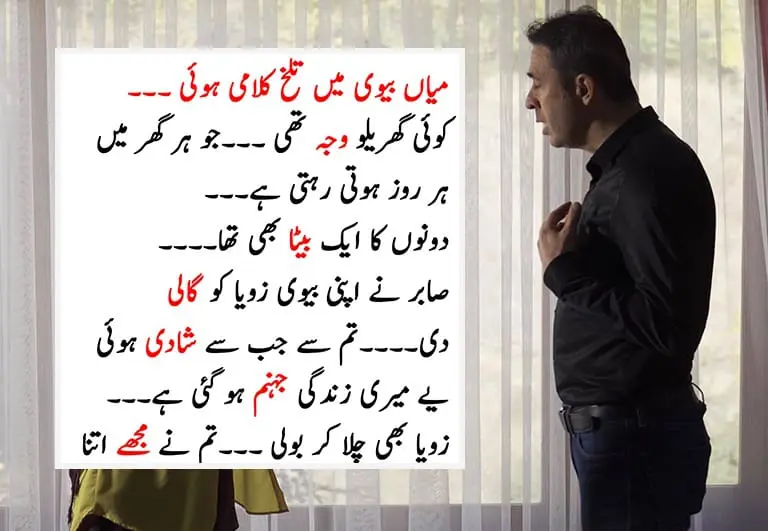Grasping the Substance
The Critical Parts
Characterizing Moral Obligation
Investigating Heavenly Equity
The Interaction between the Two
Human Profound quality and Moral Issues
The Idea of Moral Decisions
Moral Obligation in Regular day to day existence
Adjusting Individual and Aggregate Ethical quality
Divine Equity in Various Conviction Frameworks
Idea of Heavenly Equity in Religions
Karma and Resurrection
Destiny and Fate
The Association between Moral Obligation and Heavenly Equity



Responsibility According to the Heavenly
Reclamation and Absolution
Looking for Divine Direction
Human Experience and Reflection
Individual Experiences
Consolidating Moral Obligation
A Brief look into Self-improvement
Illustrations Gained from Past Activities
Exploring Life’s Ethical Difficulties
Divine Equity, In actuality
Tracking down Solace in Difficulty
Snapshots of Help from above
The Concealed Hand of Equity
FAQs
What is moral obligation, and how can it connect with divine equity?
Moral obligation is the commitment people need to act in manners that are reliable with their moral standards and values. Divine equity is the confidence in a more powerful’s judgment and the results of our activities according to the heavenly. These ideas are firmly interwoven as our ethical decisions are many times seen as the reason for divine judgment.
Are moral obligation and heavenly equity simply connected with strict convictions?
While these ideas have solid connections to strict convictions, they additionally hold importance in mainstream and philosophical conversations. People who may not stick to a specific religion frequently wrestle with inquiries of moral obligation and heavenly equity in a more extensive moral setting.
Will one look for reclamation according to divine equity?
Numerous conviction frameworks offer the idea of recovery and grace for the people who have wandered from their ethical way. The potential chance to look for recovery is much of the time saw as a way to accommodate with divine equity and track down otherworldly comfort.
How do various societies and religions see divine equity?
Various societies and religions have differing translations of heavenly equity. For instance, in Christianity, divine equity frequently incorporates the possibility of paradise and heck, while in Hinduism, the idea of karma and rebirth assumes a focal part.
Is heavenly equity a wellspring of trust in testing times?
For some, the faith in divine equity gives solace and trust during troublesome minutes. The thought that there is a higher power supervising our activities and guaranteeing equity can be a wellspring of comfort in the midst of difficulty.
How might people offset their ethical obligations with the vulnerabilities of heavenly equity?
Adjusting moral obligation and the questions of heavenly equity can challenge. It frequently expects people to act as per their moral standards while having confidence that equity, in its heavenly structure, will at last win.
End
A Story of Moral Obligation and Heavenly Equity is a significant idea that rises above social, strict, and philosophical limits. It shapes our activities, directs our decisions, and offers trust in the midst of gloom. As we explore the intricate embroidered artwork of human life, understanding the association between moral obligation and heavenly equity improves our lives and enables us to pursue decisions that line up with our most profound convictions. Embrace the excursion of moral thought, and may the embroidered artwork of your own story be woven with strings of liability and equity.
